Top 10 Health Benefits Of Lycopene, Side Effects, & Dosage
From better heart health to brain function, enjoy all perks of this organic pigment.
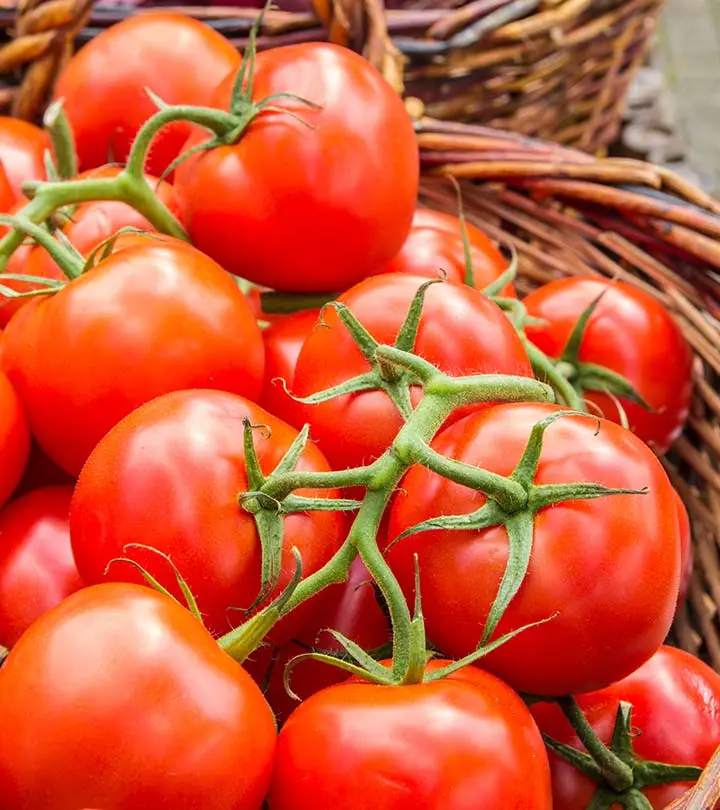
Image: Shutterstock
The many benefits of lycopene are reasons enough to look for food containing it. Foods that contain this pigment are often bright red, such as tomatoes, watermelons, and grapefruit.
The health benefits of lycopene have been well documented. They can help treat a wide range of cancers (1). They may also promote a healthy heart and vision.
This article discusses the benefits of lycopene, its sources, recommended dosage, and any potential side effects. Keep reading.
 Know Your Ingredient: Lycopene
Know Your Ingredient: LycopeneWhat Is It?
An organic, red-colored pigment found in tomatoes, watermelons, and grapefruits.
What Are Its Benefits?
It may aid in cancer treatment, promote heart, brain, and skin health, improve vision, strengthen bones, heal sunburns, and relieve pain.
Who Can Consume It?
It is naturally present in fruits and is safe for all.
How Often?
Lycopene supplements can be taken daily for 6 months in doses prescribed by your doctor.
Caution
Excess intake might cause skin discoloration. Also, the intake should be moderate during pregnancy or breastfeeding.
In This Article
What Are The Health Benefits Of Lycopene?
The powerful antioxidant properties of lycopene fight free radicals and oxidative stress. They combat inflammation, thereby preventing serious ailments like cancer and heart disease. Lycopene also protects your skin, thanks to its photoprotective properties. Now, let’s take a closer look at how lycopene benefits your overall health.
1. May Aid Cancer Treatment

Lycopene fights inflammation, thereby showing promise in cancer prevention (2). It scavenges free radicals and reduces oxidative stress. This way, it prevents the potential transformation of normal cells to cancer cells. Studies suggest that this antioxidant is best absorbed when taken through foods that are heated than those that are raw.
Lycopene also has a role to play in the prevention of prostate cancer. It induces the release of certain detoxification proteins that help prevent prostate cancer (3). However, more studies and clinical trials are needed to establish this fact.
Tomatoes are among the richest sources of lycopene. Consuming cooked tomatoes, as discussed, ensures better lycopene absorption. Cooking breaks the cell walls of the vegetable and releases antioxidants, allowing you to make the most of the many tomato benefits for overall health (4).
Tomatoes cooked in olive oil seem to have a much better bioavailability of lycopene (4).
Additionally, lycopene may also reduce the side effects of chemotherapy, thanks to its anti-inflammatory properties (5).
2. May Promote Heart Health
Lycopene is among the many carotenoid antioxidants in fruits and vegetables that promote heart health
(6).
The antioxidant effects of lycopene may promote heart health and prevent incidences of cardiovascular diseases (7). Though more human studies are required to validate this point, lycopene seems to show promise in promoting heart health.
Lycopene had also shown to benefit patients dealing with hypertension and atherosclerosisi A cardiovascular disease that occurs when there is a buildup of cholesterol plaque in artery walls obstructing normal blood flow. (8). However, the results of several studies have been slightly inconsistent.
3. May Improve Brain Health

Lycopene may play a role in the prevention and treatment of Alzheimer’s. Individuals with Alzheimer’s were found to have lower levels of serum lycopene. The antioxidant was found to attenuate oxidative damage (9).
Studies have found that this antioxidant can delay paralysis by correcting corrupted cells and protecting the healthy ones (9).
Lycopene can aid in stroke prevention. It fights free radicals that may damage the DNA and other fragile cell structures. It may protect cells in ways other antioxidants cannot.
In studies, men with the highest amount of lycopene in their blood were found to have 55% lower chances of having any kind of stroke (10).
Lycopene may achieve this by preventing blood from clotting (10).
Lycopene may also protect the nerves from the ill effects of high cholesterol (11).
 Trivia
Trivia4. May Enhance Vision
Lycopene may help reduce oxidative stress related to cataracts. In animal studies, rats fed with lycopene showed a visible improvement in cataracts (12).
Lycopene might be highly beneficial for eye health. The antioxidant may also cut the risk of age-related macular degenerationi An eye disease that blurs vision due to damage to the central part of the retina (macula), especially affecting people over the age of 55. . Patients dealing with the eye disease were found to have low serum levels of lycopene (13).
The major cause of almost all vision disorders is oxidative stress. Since lycopene battles oxidative stress, it may help prevent long-term vision issues (14).
5. May Strengthen Bones

In female rats, lycopene was found to promote bone mineral density. The antioxidant could fight oxidative stress and exert beneficial effects on bone health. Lycopene intake may facilitate bone formation and inhibit bone resorption (15).
Combining lycopene and exercise can also contribute to bone health (16).
In rat studies, treatment with lycopene had also restored bone strength and bone microarchitecture. It achieves this by fighting oxidative stress that might weaken bones (17).
6. Helps Heal Sunburn
Studies show that lycopene can offer protection against erythema (superficial reddening of the skin) induced by ultraviolet rays (18). Lycopene is an antioxidant efficient in scavenging free radicals.
The antioxidant is involved in the light-protecting system in plants and helps prevent UV damage in humans. Dietary carotenoids, like lycopene, may contribute to life-long protection against UV radiation (19). This way, the antioxidant can help heal sunburn.
 Quick Tip
Quick Tip7. Can Relieve Pain

Lycopene was found to reduce neuropathic pain in the case of peripheral nerve injury. It achieved this by reversing the functioning of tumor necrosis factor, which is a substance in the human body that triggers inflammation (20).
Lycopene also attenuated thermal hyperalgesia in rat models. Thermal hyperalgesia is the perception of heat as pain, especially at abnormally high sensitivity (21).
Lycopene also helps reduce the sensitization of pain receptors, thereby reducing pain (22).
8. May Treat Infertility
Lycopene was found to boost sperm count by as much as 70%. The antioxidant properties of lycopene may help boost sperm quality. Since the compound also cuts the risk of cancer of the prostate, it can further promote reproductive health (as the prostate gland makes seminal fluid) (23).
However, most studies done in this regard are observational (24). We need more concrete research to conclude.
Lycopene may also treat priapism in males. Priapism is a condition characterized by persistently painful erections of the penis. It can lead to the drying of the erectile tissue, eventually leading to erectile dysfunction (25).
9. Can Promote Skin Health
Lycopene is among the class of antioxidants that are known for their photoprotective properties. It (along with beta-carotene) is the dominating carotenoid in the human tissue and helps modulate skin properties (26).
This compound also mitigates oxidative damage in skin tissues (26).
Supplementing with lycopene was also found to improve skin texture and reduce the appearance of wrinkles (27).
10. May Protect Against Asthma
Lycopene is a dietary antioxidant that can help reduce allergic inflammation. A study conducted on mice found that lycopene reduced certain types of immune cells in the lungs and bloodstream and decreased the number of cells producing mucus in the airways. It may also decrease the allergic inflammation in the lungs and the body by regulating certain immune responses, showing a potential protective effect against asthma (28). Another study compared 40 individuals with asthma with 56 healthy people and found that the former had lower levels of serum lycopene and vitamin A compared to the healthy group (29). Therefore, consuming foods rich in lycopene and vitamin A could be beneficial for people with asthma.
As we saw, lycopene is among the most potent antioxidants. It scavenges free radicals and protects the body from the harmful effects of oxidative stress. Including foods rich in lycopene in your diet can go a long way in keeping you healthy and disease-free.
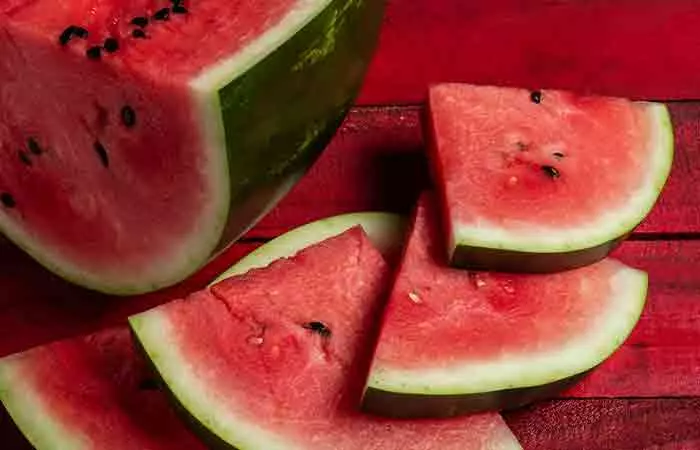
Lycopene is a carotenoid. It belongs to the class of antioxidants that are responsible for certain foods’ characteristic colors. Following are the foods rich in lycopene:
- Tomatoes – 1 cup of sun-dried tomatoes (54 grams) contains 25 milligrams of lycopene (30).
- Watermelon – 1 ½ cups of watermelon contain about 13 milligrams of lycopene (31).
- Bell peppers – 100 grams of bell peppers contain about 5 milligrams of lycopene (32).
- Papaya – 1 small fruit (157 grams) contains 2 milligrams of lycopene (33).
- Grapefruit – 1 cup of grapefruit (250 grams) contains about 1 milligram of lycopene (34).
According to a survey in 2017 tomatoes were the 2nd most consumed vegetables after potatoes in the United States. The consumption amounts to about 20.3 pounds every year. In 2025, about 12,619.2 tons of fresh tomatoes were harvested and 11,312,256 tons of processed tomatoes were harvested. Being rich in antioxidants, vitamin A and C it is added to various dishes in the US.
Including these foods in your diet on a regular basis can benefit your health in various ways. But what if you are short of time and cannot eat all these foods? Would supplements work?
Key Takeaways
- Always heat food items that contain lycopene instead of eating them raw.
- Lycopene improves heart health and also prevents various cardiovascular diseases.
- It improves vision and prevents cataracts.
- It also prevents age-related disorders like Alzheimer’s.
What About Lycopene Supplements?
You may take lycopene through supplements. But research is inconclusive. Some reports suggest that the benefits of lycopene could be stronger when you get it from whole foods (35).
In other studies, smokers had a higher risk of cancer when on beta-carotene supplements (36).
Hence, talk to your nutritionist/health care provider before taking supplements. Remember, they are not replacements.
But even when you are taking lycopene through foods, you may want to keep a few things in mind.
Does Lycopene Have Any Side Effects?
- Lycopenemia
Lycopenemiai A harmless skin condition causing discoloration due to excessive consumption of foods containing lycopene (responsible for red pigmentation). is a harmless skin condition caused by an excessive intake of foods containing lycopene. The symptoms include reddish discoloration of the skin (37). So, it is important to consume lycopene in moderation and talk to healthcare professionals if you have any concerns about how much you are consuming.
- Pregnancy
The effects of lycopene during pregnancy are mixed. While a few reports state increased birth weight in infants, others show reduced infant birth weight post the intake of lycopene by the mothers (38). Hence, please consult your doctor before taking lycopene during pregnancy or breastfeeding.
Any Specific Dosage?
Experts recommend at least 10 milligrams of lycopene per day (10). It can easily be achieved by consuming a diet rich in tomatoes and other lycopene-rich foods. For those considering supplements, the average lycopene intake in the United States is 5.7 mg to 10.5 mg per day, for every individual (39). However, consulting a healthcare provider is advisable to determine the right dosages.
Infographic: Lycopene Supplement Forms
Lycopene is a pigment with many antioxidant properties and health benefits. It is found in many food sources and in different supplements. Check out the infographic below to learn more about the various lycopene supplement forms.
Some thing wrong with infographic shortcode. please verify shortcode syntax
Lycopene is an organic pigment known for its antioxidant properties. It is found in red-colored vegetables and fruits (tomatoes, carrots, watermelons, etc.). Its powerful antioxidant effects are responsible for the many benefits of lycopene. The intake of lycopene may aid in cancer treatment, promote heart health, improve brain function, boost immune system, enhance vision, and strengthen bones. In addition, this carotenoid acts against oxidative damage and improves skin health. However, excess intake of foods containing lycopene may cause lycopenemia and abnormally increased birth weight in infants. Hence, consume lycopene in the recommended dosage to enjoy its benefits..
Frequently Asked Questions
Does lycopene help in weight loss?
Lycopene’s ability to induce weight loss is not proven, and also is highly unlikely. It is a powerful antioxidant that fights inflammation and oxidative stress, preventing related diseases.
Does lycopene increase testosterone levels?
Yes. Animal studies found that lycopene could significantly increase testosterone levels (40).
Is lycopene good for hair?
Yes. Lycopene may help promote hair growth and can be used as a part of hair loss treatments (41).
Is lycopene good for kidneys?
Lycopene supplementation effectively treats kidney issues and tissue inflammation (42).
Illustration: Does Ginger Aid Hair Growth? Benefits, Uses, And More

Image: Dall·E/StyleCraze Design Team
References
Articles on StyleCraze are backed by verified information from peer-reviewed and academic research papers, reputed organizations, research institutions, and medical associations to ensure accuracy and relevance. Read our editorial policy to learn more.
- Lycopene in tomatoes: chemical and physical properties affected by food processing, Critical Reviews in Biotechnology, US National Library of Medicine, National Institutes of Health.
https://pubmed.ncbi.nlm.nih.gov/11192026/ - Lycopene in cancer therapy, Journal of Pharmacy & BioAllied Sciences, US National Library of Medicine, National Institutes of Health.
https://www.ncbi.nlm.nih.gov/pmc/articles/PMC4832910/ - The Potential Role of Lycopene for the Prevention and Therapy of Prostate Cancer: From Molecular Mechanisms to Clinical Evidence, International Journal of Molecular Sciences, US National Library of Medicine, National Institutes of Health.
https://www.ncbi.nlm.nih.gov/pmc/articles/PMC3742263/ - Role of lycopene in the prevention of cancer, International Journal of Nutrition, Pharmacology, Neurological Diseases.
https://journals.lww.com/ijnp/fulltext/2012/02030/role_of_lycopene_in_the_prevention_of_cancer.2.aspx - Lycopene and chemotherapy toxicity, Nutrition and Cancer, US National Library of Medicine, National Institutes of Health.
https://pubmed.ncbi.nlm.nih.gov/20924974/ - Carotenoids and cardiovascular health, The American Journal of Clinical Nutrition, US National Library of Medicine, National Institutes of Health.
https://pubmed.ncbi.nlm.nih.gov/16762935/ - Lycopene and heart health, Molecular Nutrition & Food Research, US National Library of Medicine, National Institutes of Health.
https://pubmed.ncbi.nlm.nih.gov/22419532/ - Lycopene and Vascular Health, Frontiers in Pharmacology, US National Library of Medicine, National Institutes of Health.
https://www.ncbi.nlm.nih.gov/pmc/articles/PMC5974099/ - Lycopene attenuates Aβ1-42 secretion and its toxicity in human cell and Caenorhabditis elegans models of Alzheimer disease, Neuroscience Letters, US National Library of Medicine, National Institutes of Health.
https://pubmed.ncbi.nlm.nih.gov/26453763/ - Lycopene-rich tomatoes linked to lower stroke risk, Harvard Medical School.
https://www.health.harvard.edu/blog/lycopene-rich-tomatoes-linked-to-lower-stroke-risk-201210105400 - Mechanisms of multiple neurotransmitters in the effects of Lycopene on brain injury induced by Hyperlipidemia, Lipids in Health and Disease, US National Library of Medicine, National Institutes of Health.
https://www.ncbi.nlm.nih.gov/pmc/articles/PMC5801668/ - Lycopene attenuates oxidative stress induced experimental cataract development: an in vitro and in vivo study, Nutrition, US National Library of Medicine, National Institutes of Health.
https://pubmed.ncbi.nlm.nih.gov/12921892/ - Diminishing Risk for Age-Related Macular Degeneration with Nutrition: A Current View, Nutrients, US National Library of Medicine, National Institutes of Health.
https://www.ncbi.nlm.nih.gov/pmc/articles/PMC3738980/ - Are the health attributes of lycopene related to its antioxidant function? Archives of Biochemistry and Biophysics, US National Library of Medicine, National Institutes of Health.
https://www.ncbi.nlm.nih.gov/pmc/articles/PMC2745920/ - Lycopene intake facilitates the increase of bone mineral density in growing female rats, Journal of Nutritional Science and Vitaminology, US National Library of Medicine, National Institutes of Health.
https://pubmed.ncbi.nlm.nih.gov/24975219/ - The effects of lycopene intake and exercise on bone health in young female rats, Journal of the International Society of Sports Nutrition, US National Library of Medicine, National Institutes of Health.
https://www.ncbi.nlm.nih.gov/pmc/articles/PMC3238164/ - Lycopene treatment against loss of bone mass, microarchitecture and strength in relation to regulatory mechanisms in a postmenopausal osteoporosis model, ScienceDirect.
https://www.sciencedirect.com/science/article/abs/pii/S8756328215003907 - Dietary tomato paste protects against ultraviolet light-induced erythema in humans, The Journal of Nutrition, US National Library of Medicine, National Institutes of Health.
https://pubmed.ncbi.nlm.nih.gov/11340098/ - Lycopene-rich products and dietary photoprotection, Photochemical & Photobiological Sciences, US National Library of Medicine, National Institutes of Health.
https://pubmed.ncbi.nlm.nih.gov/16465309/ - Lycopene ameliorates neuropathic pain by upregulating spinal astrocytic connexin 43 expression, Life Sciences, US National Library of Medicine, National Institutes of Health.
https://pubmed.ncbi.nlm.nih.gov/27197028/ - Lycopene attenuates thermal hyperalgesia in a diabetic mouse model of neuropathic pain, European Journal of Pain, US National Library of Medicine, National Institutes of Health.
https://pubmed.ncbi.nlm.nih.gov/18055235/ - Comparison of the Effect of Lycopene with Ibuprofen on Sensory Threshold of Pain Using Formalin Test in Adult Male Rats, ResearchGate.
https://www.researchgate.net/publication/307964726_Comparison_of_the_Effect_of_Lycopene_with_Ibuprofen_on_Sensory_Threshold_of_Pain_Using_Formalin_Test_in_Adult_Male_Rats - Lycopene and male infertility, Asian Journal of Andrology, US National Library of Medicine, National Institutes of Health.
https://www.ncbi.nlm.nih.gov/pmc/articles/PMC4023371/ - Lycopene and male infertility: do we know enough? Asian Journal of Andrology, US National Library of Medicine, National Institutes of Health.
https://www.ncbi.nlm.nih.gov/pmc/articles/PMC4023388/ - Lycopene prevents experimental priapism against oxidative and nitrosative damage, European Review for Medical and Pharmacological Sciences, US National Library of Medicine, National Institutes of Health.
https://pubmed.ncbi.nlm.nih.gov/25487946/ - Discovering the link between nutrition and skin aging, DermatoEndocrinology, US National Library of Medicine, National Institutes of Health.
https://www.ncbi.nlm.nih.gov/pmc/articles/PMC3583891/ - Lycopene, photoprotection and skin care: The benefits of organic quality, ResearchGate.
https://www.researchgate.net/publication/286888377_Lycopene_photoprotection_and_skin_care_The_benefits_of_organic_quality - Dietary lycopene supplementation suppresses Th2 responses and lung eosinophilia in a mouse model of allergic asthma
https://pubmed.ncbi.nlm.nih.gov/20392623/ - Plasma lycopene and antioxidant vitamins in asthma: the PLAVA study
https://pubmed.ncbi.nlm.nih.gov/17654127/ - Lycopene, United States Department of Agriculture, Food Composition Database.
https://ndb.nal.usda.gov/ndb/nutrients/report/nutrientsfrm?max=25&offset=0&totCount=0&nutrient1=337&nutrient2=&nutrient3=&subset=0&fg=&sort=c&measureby=m - Tomatoes, red, ripe, raw, year round average, United States Department of Agriculture, Food Composition Database
https://fdc.nal.usda.gov/food-details/170457/nutrients - Bioactive Compounds and Antioxidant Activity in Different Grafted Varieties of Bell Pepper, Antioxidants, US National Library of Medicine, National Institutes of Health.
https://www.ncbi.nlm.nih.gov/pmc/articles/PMC4665466/ - Papayas, raw, United States Department of Agriculture, Food Composition Database.
https://fdc.nal.usda.gov/fdc-app.html#/food-details/169926/nutrients - Lycopene content of selected foods available on the polish market and estimation of its intake, ResearchGate
https://www.researchgate.net/publication/267216691_Lycopene_content_of_selected_foods_available_on_the_polish_market_and_estimation_of_its_intake - Whole Food versus Supplement: Comparing the Clinical Evidence of Tomato Intake and Lycopene Supplementation on Cardiovascular Risk Factors, Advances in Nutrition, US National Library of Medicine, National Institutes of Health.
https://www.ncbi.nlm.nih.gov/pmc/articles/PMC4188219/ - Lycopene Supplements, Rogel Cancer Center, Michigan Medicine.
https://www.rogelcancercenter.org/support/symptoms-and-side-effects/cancer-nutrition-services/nutrition-and-prevention/are-lycopene-supplements-a-good-idea-for-you - Clinical images, Canadian Medical Association Journal.
https://www.ncbi.nlm.nih.gov/pmc/articles/PMC2665964/ - Serum Lycopene Concentrations and Associations with Clinical Outcomes in a Cohort of Maternal-Infant Dyads, Harvard Library, Office for Scholarly Communication.
https://dash.harvard.edu/bitstream/handle/1/35982266/5852780.pdf?sequence=1 - What Are Typical Lycopene Intakes? The Journal of Nutrition.
https://academic.oup.com/jn/article/135/8/2042S/4664005 - Nutraceutical Effects of Lycopene in Experimental Varicocele: An “In Vivo” Model to Study Male Infertility, Nutrients, US National Library of Medicine, National Institutes of Health.
https://www.ncbi.nlm.nih.gov/pmc/articles/PMC7284888/ - Effects of Lycopersicon esculentum extract on hair growth and alopecia prevention, Journal of cosmetic science, US National Library of Medicine, National Institutes of Health.
https://pubmed.ncbi.nlm.nih.gov/24397881/ - Efficacy of lycopene on modulation of renal antioxidant enzymes, ACE and ACE gene expression in hyperlipidaemic rats, Journal of the renin-angiotensin-aldosterone system, US National Library of Medicine, National Institutes of Health.
https://www.ncbi.nlm.nih.gov/pmc/articles/PMC5843852/
Read full bio of Dr.Varsha Prabala
Read full bio of Ravi Teja Tadimalla
Read full bio of Arshiya Syeda
Read full bio of Sindhu Koganti





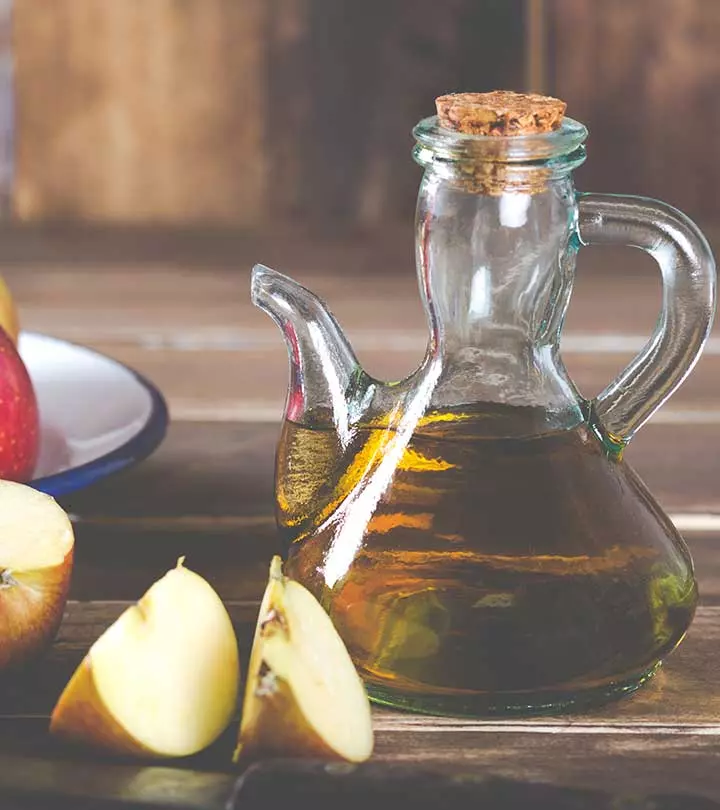
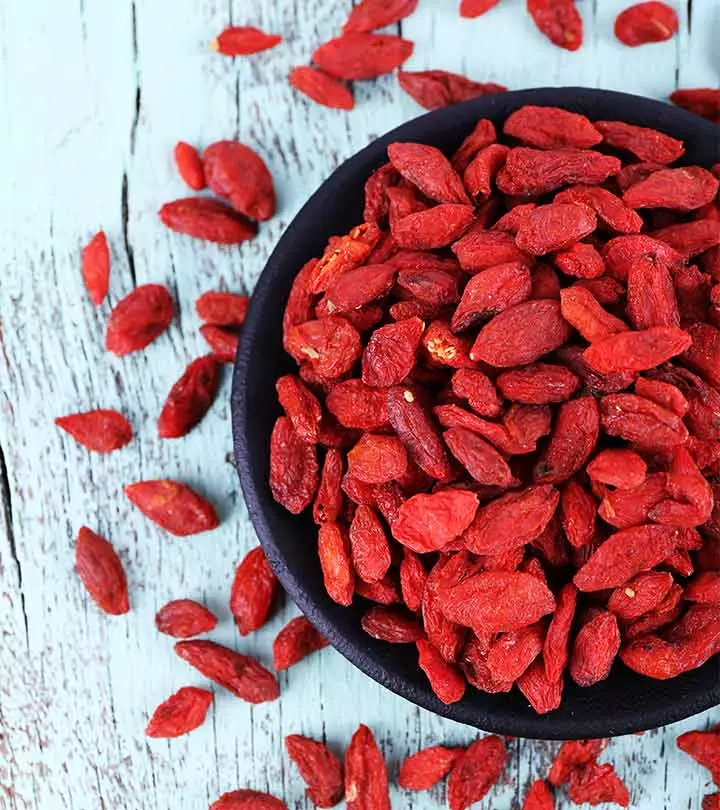
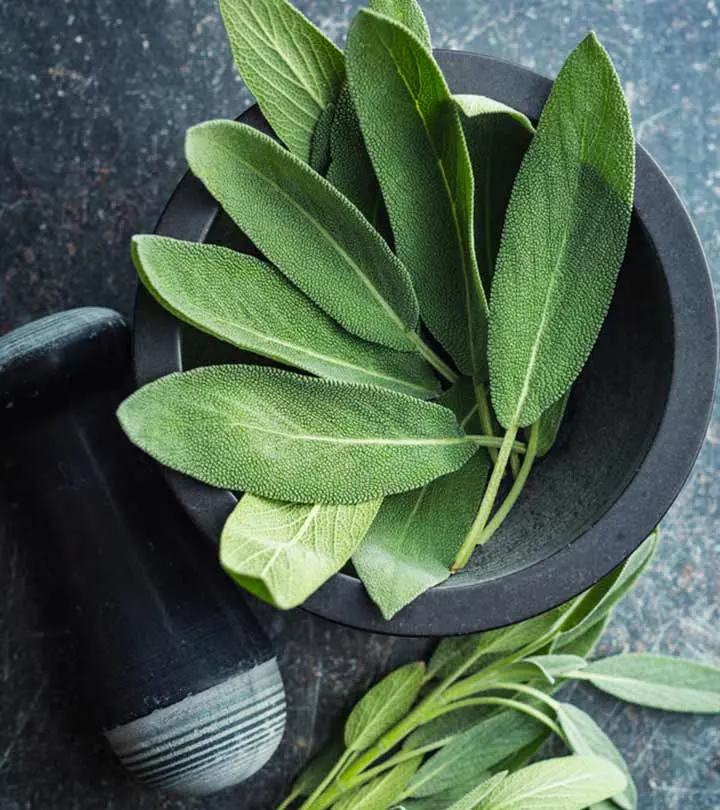
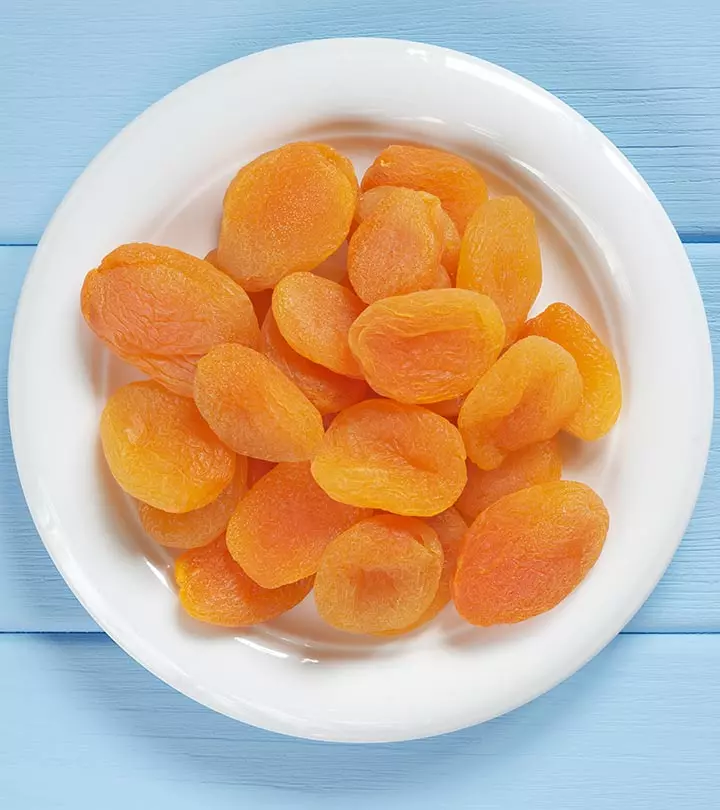
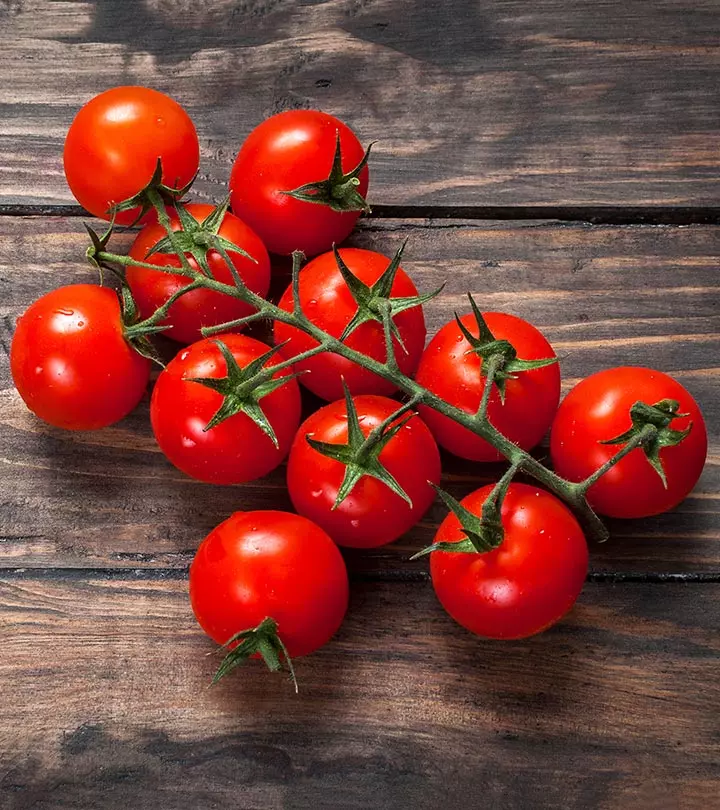

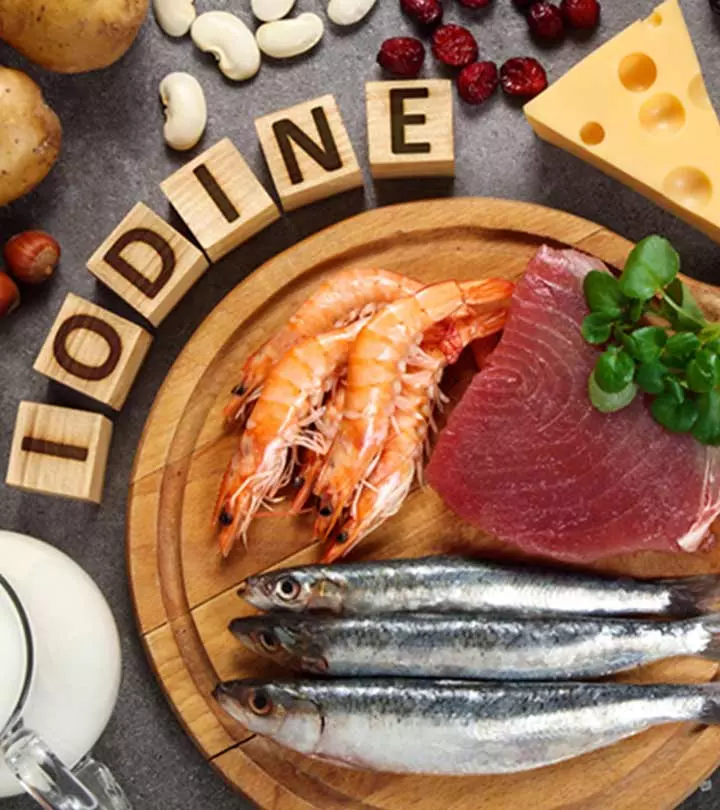
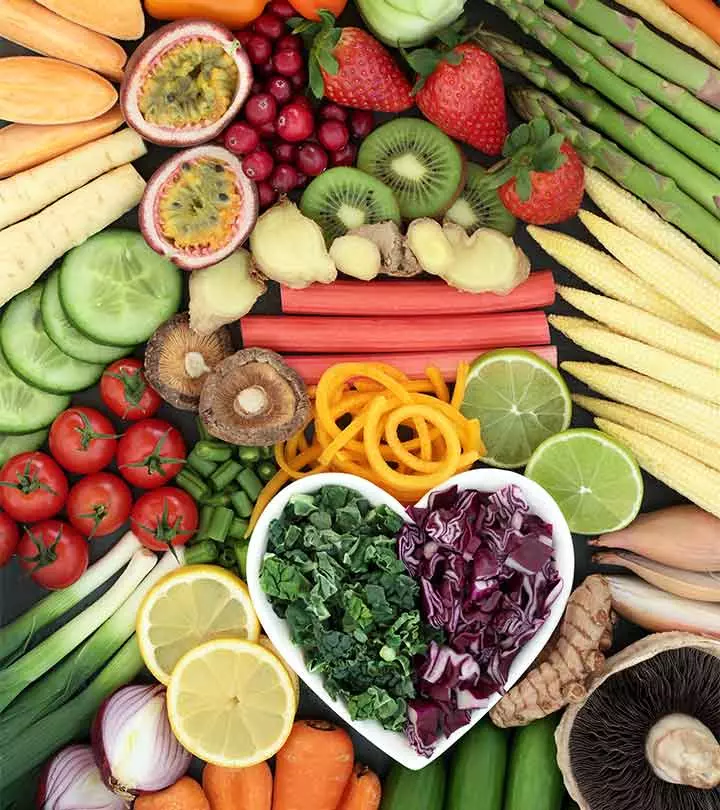

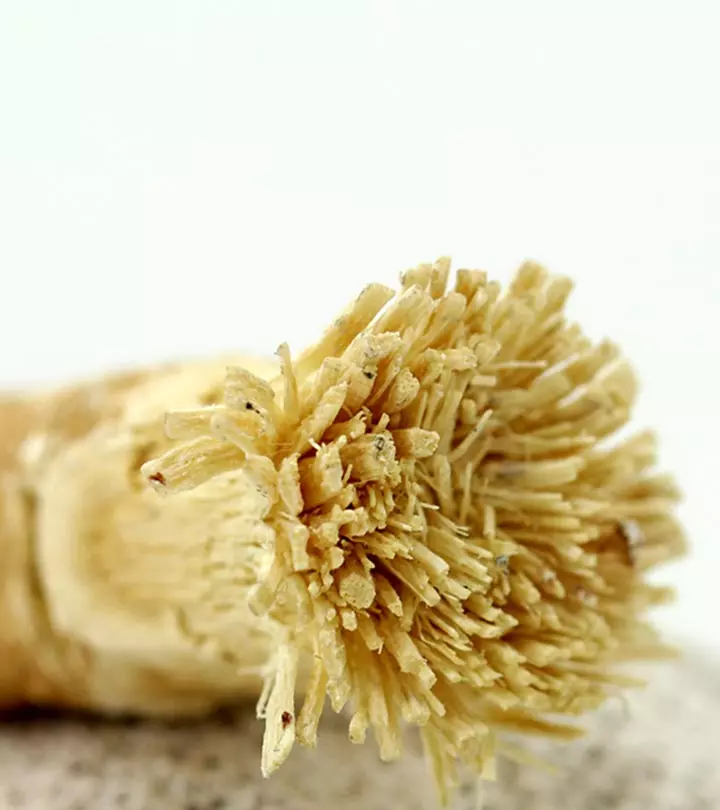
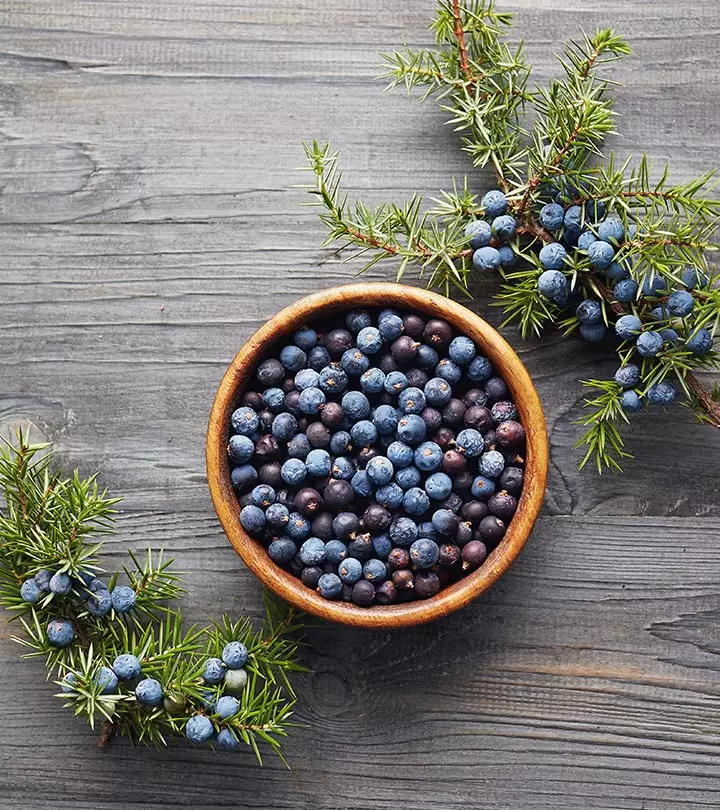
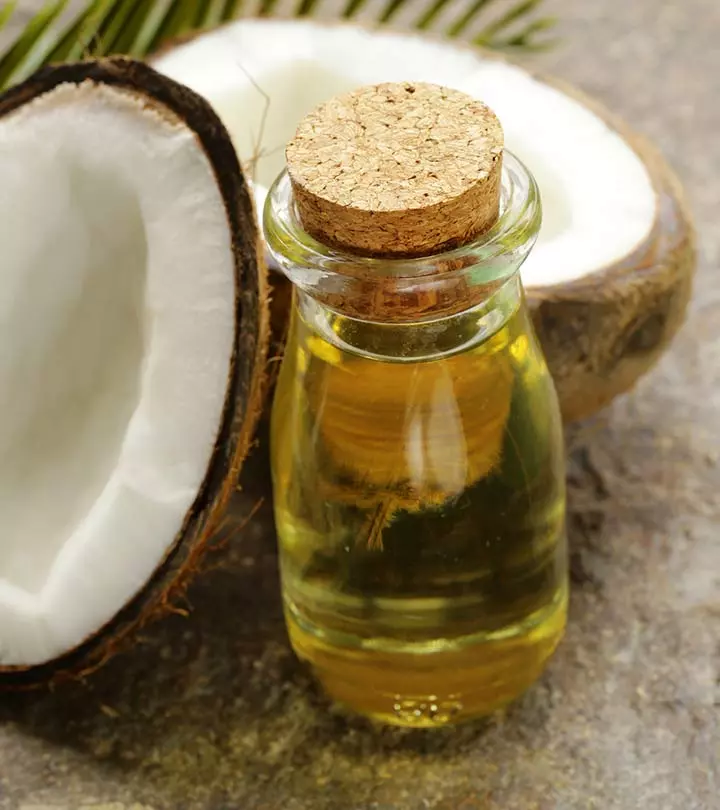
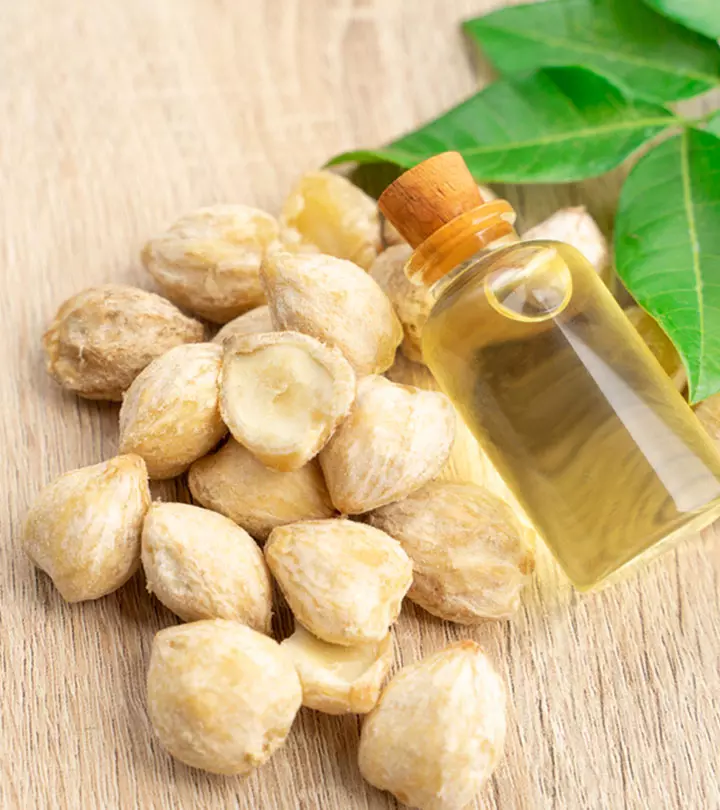
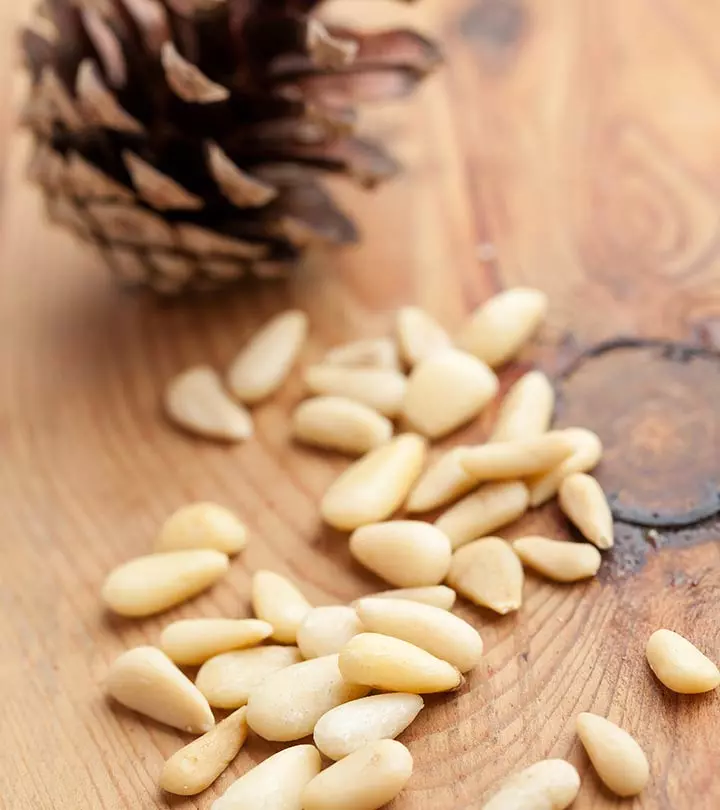

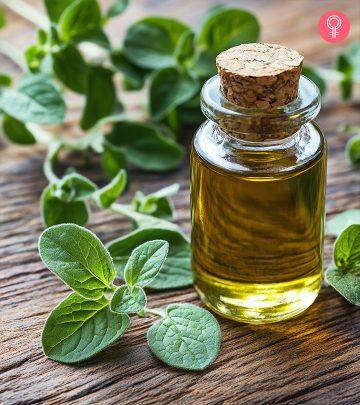
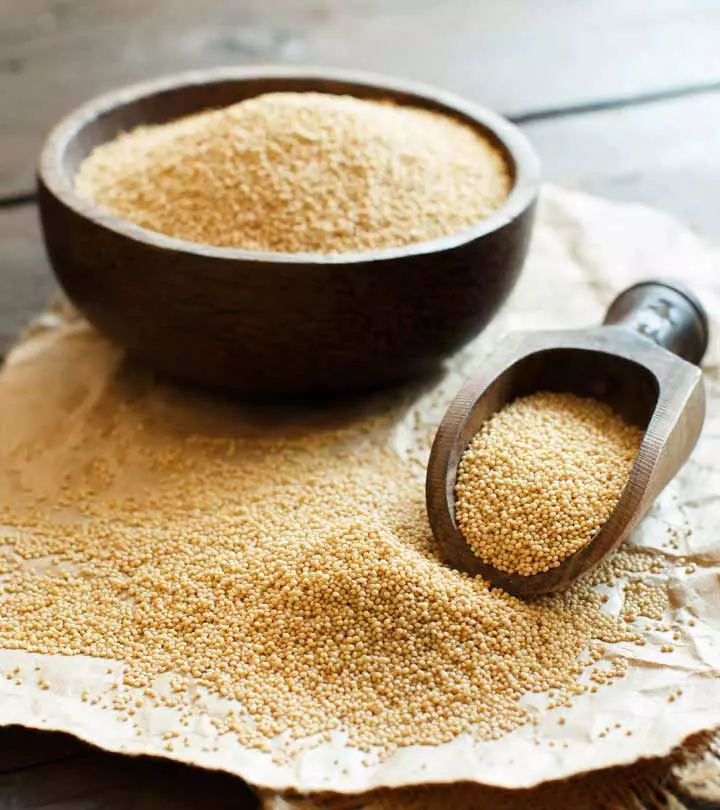
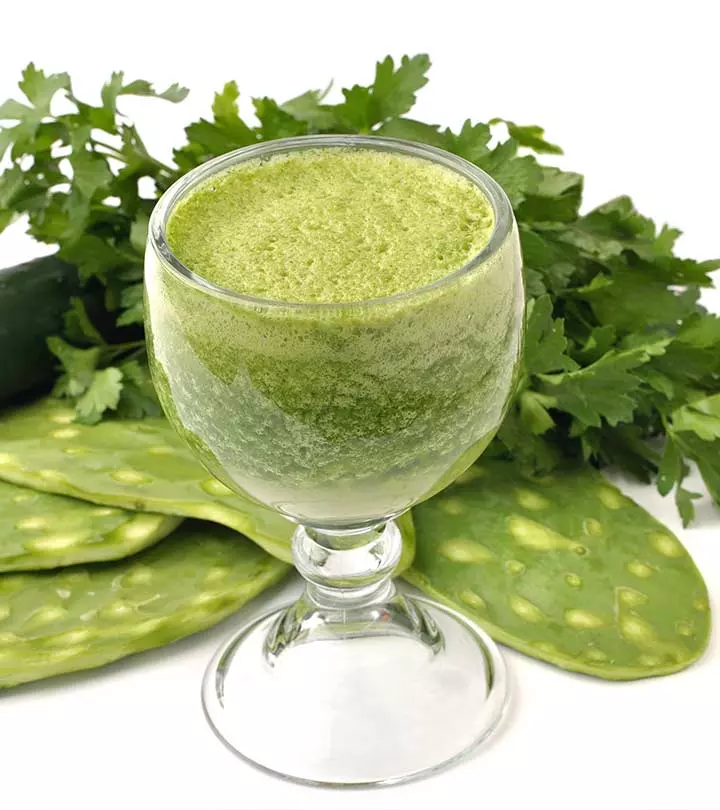



Community Experiences
Join the conversation and become a part of our empowering community! Share your stories, experiences, and insights to connect with other beauty, lifestyle, and health enthusiasts.